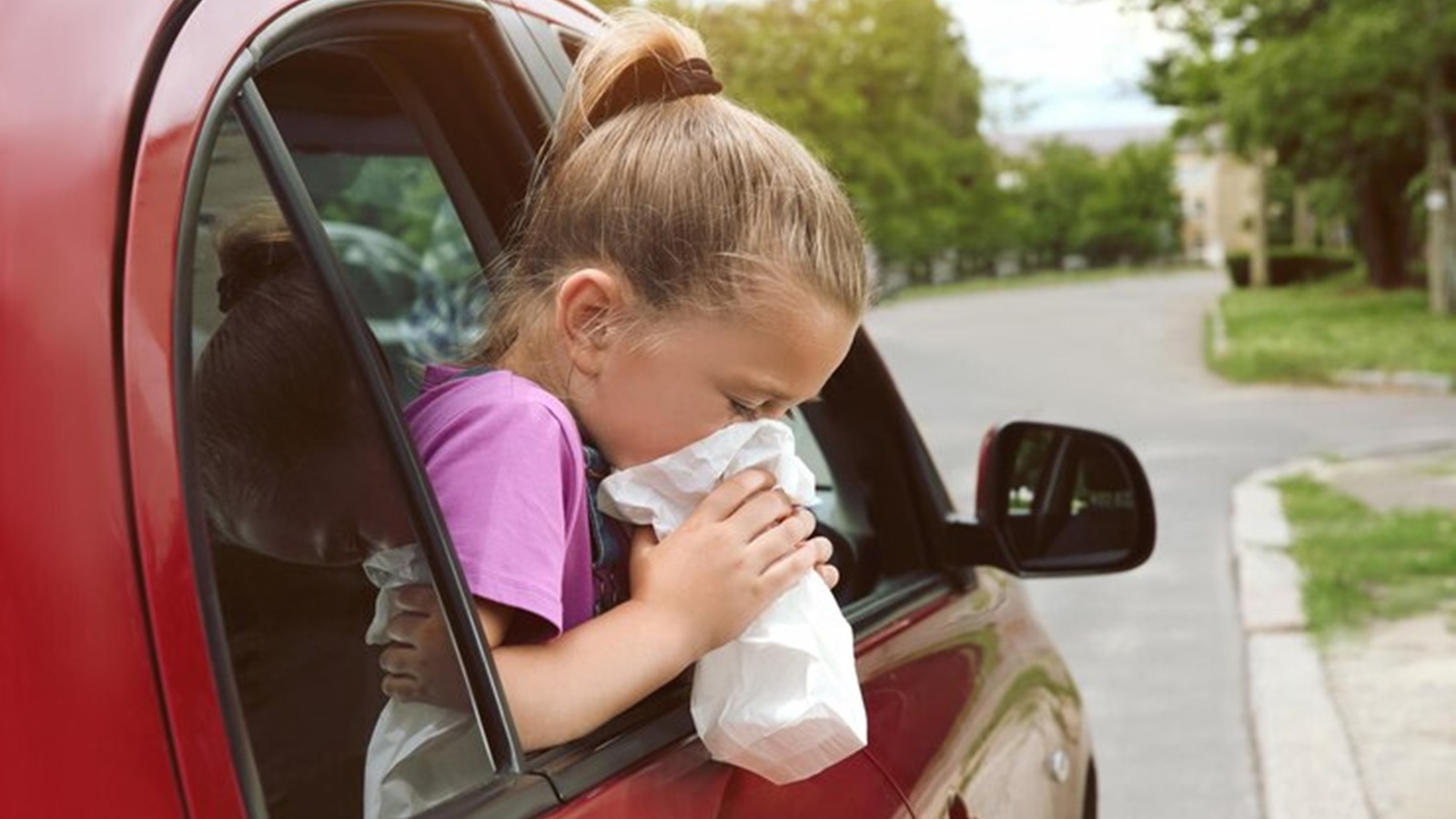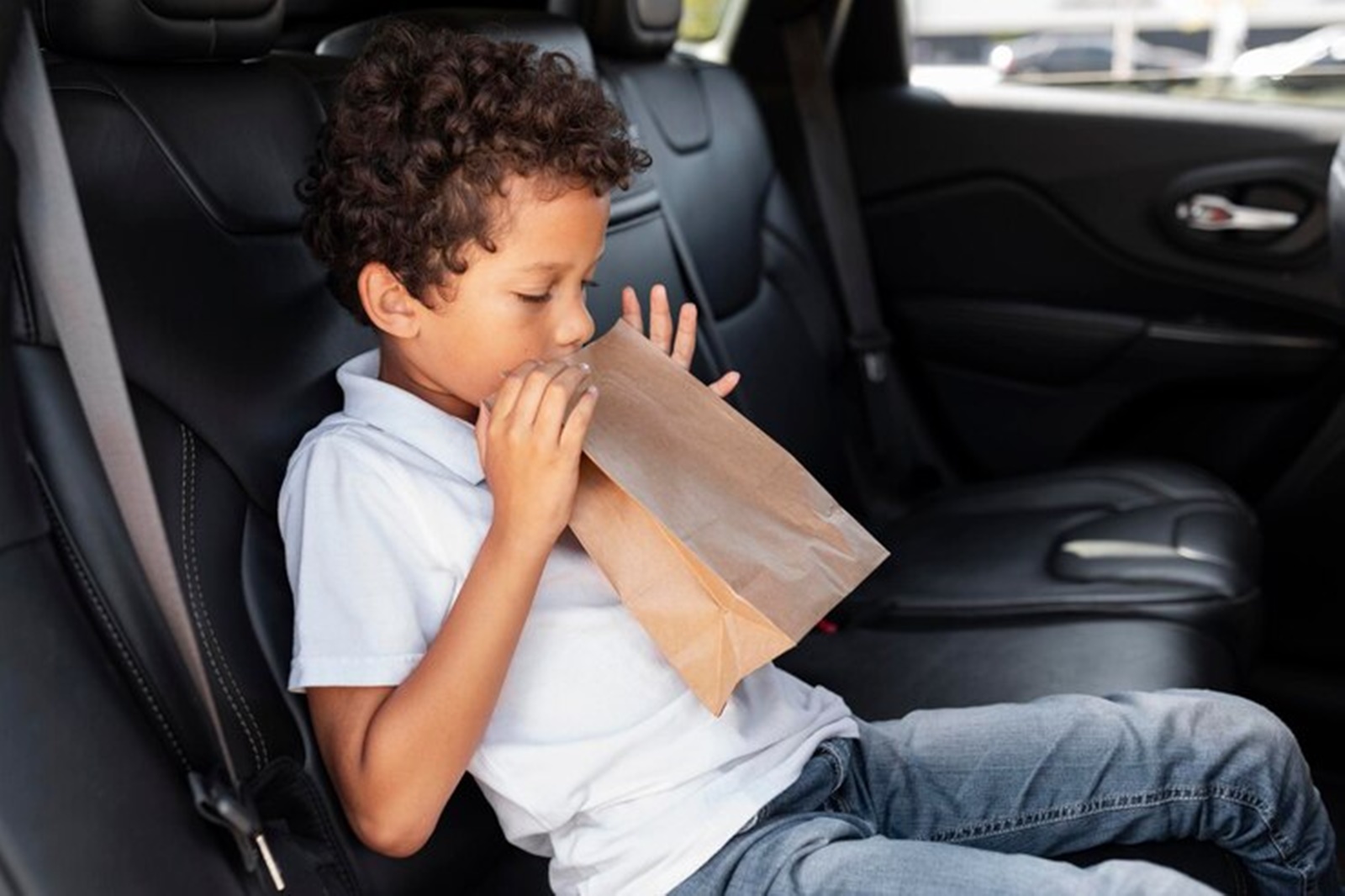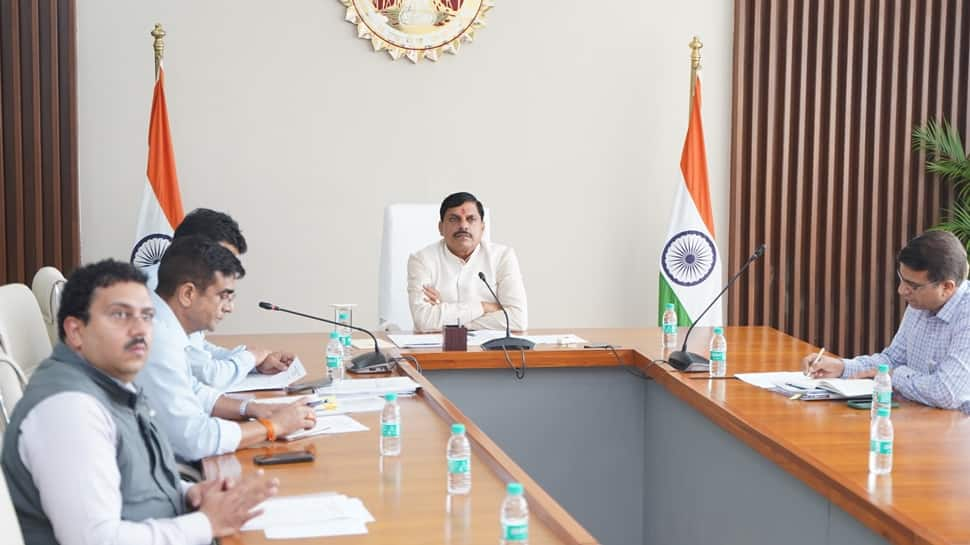Tummy troubles during trips? Here’s how to help your toddler fight through motion sickness | Life-style News

Tummy troubles during trips? Here’s how to help your toddler fight through motion sickness | Life-style News
It can be worrying as a parent to think a hundred times before planning a trip because of your child’s motion sickness. It is hard to see them suffer during a journey that is intended to be fun and relaxing.
According to a 1999 journal article published in CNS Drugs, “the most common form of motion sickness in children appears to be car or bus sickness (travel sickness), and that produced by amusement park rides.” However, what also needs to be noted is that children tend to be more prone to getting motion sickness than adults.

Dr P Venkata Krishnan, senior consultant, Internal Medicine at Artemis Hospitals, confirms, “Children often experience motion sickness more frequently and severely than adults due to their developing vestibular system.”
Symptoms may manifest differently in children, he adds, including pallor, fatigue, irritability, restlessness, dizziness, and excessive yawning, rather than typical nausea and vomiting seen in adults.
How to manage symptoms
For parents struggling to manage these symptoms, Dr Krishnan suggests the following practical strategies to alleviate motion sickness in children:

- Ensure good ventilation in the vehicle
- Encourage children to look out of the window and focus on a fixed point in the distance
- Limit screen time or reading during travel
- Provide ginger-based snacks or drinks, as ginger can help alleviate nausea
- Use acupressure bands or patches on pressure points
- Break up long journeys with frequent stops
 Many parents believe their children will outgrow motion sickness eventually, but that may not be true in all cases, according to Dr P Venkata Krishnan (Source: Freepik)
Many parents believe their children will outgrow motion sickness eventually, but that may not be true in all cases, according to Dr P Venkata Krishnan (Source: Freepik)
Debunking some common misconceptions
There is a lot of information on motion sickness available online. While some do prove to be true, others, not so much. Dr Krishnan debunks a few misconceptions; first, he says that many parents believe their children will outgrow motion sickness eventually. But he suggests that may not be true in all cases as some may outgrow it while others will have to live with motion sickness for the rest of their lives.
He then adds that many think that only time-taking travel, that might span from more than a few hours to a few days, can only trigger motion sickness. On the other hand, he cautions that it can occur on short trips as well.
Additionally, it is thought that the only signs of children suffering from motion sickness is if they feel nauseous or are vomiting multiple times during the trip. But, Dr Krishnan explains that the symptoms in children can be varied and need to be properly observed and diagnosed.
Preventative measures to take before travelling
To reduce motion sickness in children, Dr Krishnan suggests the following preventative measures:
- Plan trips during times when the child is well-rested
- Ensure children have a light meal before travel
- Avoid heavy, greasy foods before and during travel
- Provide distractions like music or audiobooks
- Teach relaxation techniques such as deep breathing
- Consider medication options under medical supervision for long journeys




